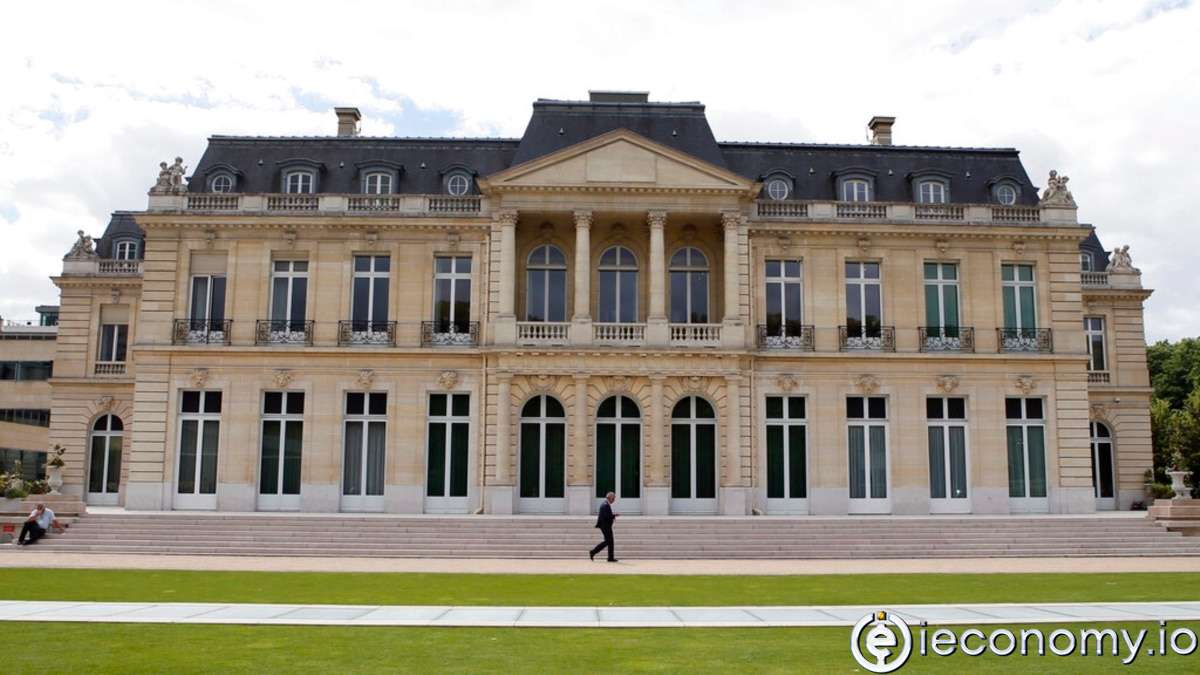3736
0
The OECD ended the technical talks with the global corporate tax reform
After years of negotiations, the OECD ended the technical talks with an agreement for a global corporate tax reform at a meeting in Paris.

Yazar: Tom Roberts
Yayınlanma: 10 Ekim 2021 22:11
Güncellenme: 3 Mart 2026 05:00
The OECD ended the technical talks with the global corporate tax reform
After the previous low-tax country Ireland gave in, an important hurdle for a global corporate tax reform has been cleared. After years of negotiations, the Organization for Economic Co-operation and Development (OECD) ended the technical talks with an agreement at a meeting in Paris. Internationally active companies should therefore pay at least 15 percent tax regardless of their headquarters, as the OECD announced. The regulation should take effect from 2023. Of the 140 OECD members, only Kenya, Nigeria, Pakistan and Sri Lanka have not yet joined. In July, the G20 finance ministers decided on two innovations: Internationally active companies should pay "at least" 15 percent tax regardless of their location. If a company with its subsidiary pays less taxes abroad, the home country can collect the difference. This is to prevent profits from being shifted to tax havens. In addition, large companies should no longer be taxed only in their mother country, but also where they do good business. The OECD reckons with the minimum tax alone with 150 billion dollars (about 130 billion euros) of additional tax revenue worldwide. "Today we have taken another important step towards more fair taxation," said Federal Finance Minister Olaf Scholz. "In particular, the approval of the states of the European Union is a great success and will ensure that the reform can be implemented quickly across the EU." EU Commission President Ursula von der Leyen spoke of a historic moment. "This is an important step in making our global tax system fairer." The French Finance Minister Bruno Le Maire spoke of an essential agreement for the economies of the countries. "This deal opens the way for a tax revolution."İLGİLİ HABERLER





European stocks soared and focus shifted to German retail sales after Powell's speech!

Forex Signal For TRY/USD: Inflation Slowdown in November.

Forex Signal For GBP/USD: Bullish Trend Still Not Breaking While Recovery Continues.

Forex Signal For EUR/USD: Starry US Data Points to Higher Fed Increases.

Forex Signal For BTC/USD: Downside Continues as Bitcoin Recovery Moves Less.
En Popüler Haberler
Yorum Yap
Yorumlar
Henüz yorum yapan yok! İlk yorumu siz yapın...